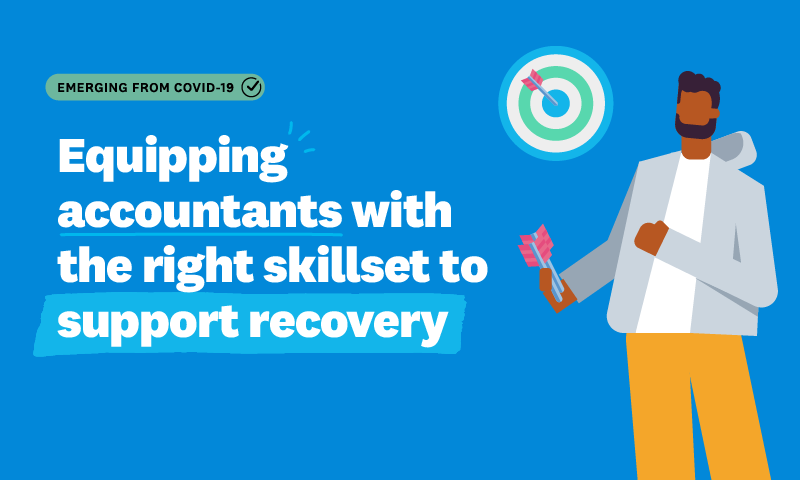
South Africa’s small businesses face an unprecedented range of challenges, and unfortunately due to the COVID-19 crisis, many are not expected to survive. It’s a bleak outlook, but with the right support and advice this prognosis can be changed. Now more than ever, accountants have a vital role to play in supporting small businesses.
The accounting community, equipped with the right tools and skills, can be among the most valuable advisors and key to restarting the South African economy.
Today’s accountants can cut repetitive, manual processes and improve efficiencies by using cloud technology and automation. Our recent research found that 87% of accounting firms use some cloud technology.This means they can dedicate their time to adding real value to businesses by advising them. The global pandemic has made the benefits of technology clear, and firms that use the cloud have had significant advantages.
However, Xero research found that two-thirds of accounting firms struggle to hire talent with the right skills to use new technologies. Future accountants will need to be equipped with the right skills and tools, but how can we prepare them for an unpredictable future?
Training future accountants
In our State of Accounting Research, 35% of respondents reported that their firm already seeks candidates with cloud skills. Compare that to the 14% of recruiters that reported a skills gap in technical expertise. Soon it becomes clear that cloud accounting is a skill that is in high demand.
It’s essential for the industry to have a strong pipeline of accountants with the right skills to support our economy. To ensure this, education providers need to incorporate new technology into syllabuses.
Fortunately, universities are already stepping up to close this skills gap. We recently announced our partnership with the University of Johannesburg. We’re excited for the university to become the first higher education institution in the country to offer Xero Learn. The software lets budding accountants get to grips with the latest in cloud technology. It also allows teachers to tailor it to illustrate a variety of real-world scenarios.
This is a great step in the right direction. However, we need to see more academic institutions future-proofing their accounting courses in this way.
Preparing today’s accountants
We’ve already seen a tectonic shift in the way accountants support their clients. Many are moving from working exclusively with the numbers to offering insights and business counsel. The Covid crisis has only accelerated this. In the future, 54% of firms expect to handle both finances and business advice, while 38% expect to be single-mindedly focused on telling clients exactly what they can do to make their business grow. Just 8% of accountants expect to remain solely focused on the numbers.
It’s great to see this positive shift happen, with accountants transitioning into essential advisors. But to do this, they need the right skillset. They also need a community of partners to help them meet their clients’ needs.
More and more we’re seeing accountants leaning on partners. This is to help them become even more efficient and offer a wider range of support to their clients. For example, working with alternative lenders to help with access to capital and using smart apps to give real-time insights into cash flow. As well as using bank feeds to automate financial data capture.
Preparing for the transition
Business’ expectations of their accountants are undergoing a radical shift, as they move beyond merely handling finances and mould into business consultants and advisors. In fact, 37% of small businesses expect their accountants to handle their finances. This is in addition to providing advice on ways that they can improve their business. 28% expect their accountants to act as a business consultant. This is an increase from last year when only 11% wanted to use accountants for consultancy.
At a time when it’s unclear what the future holds, reliable advice is vital to enable businesses to adapt to changing circumstances. Far beyond ensuring compliance and crunching numbers, today’s – and tomorrow’s – accountants need to stay ahead of the technology curve and adopt the latest tools to successfully guide business leaders.
Leave a Reply